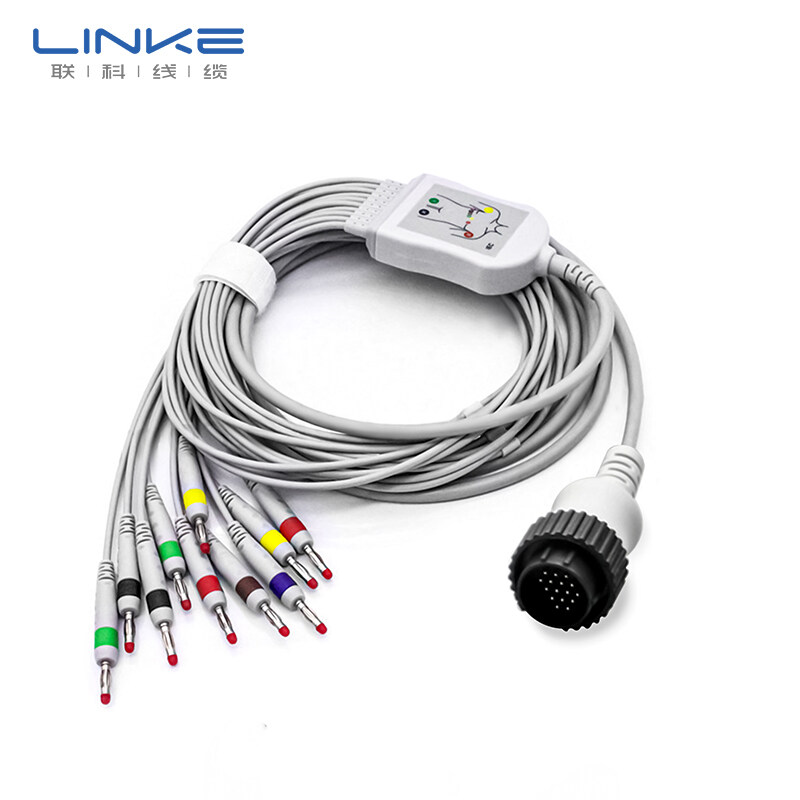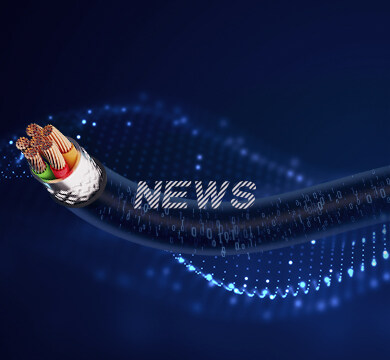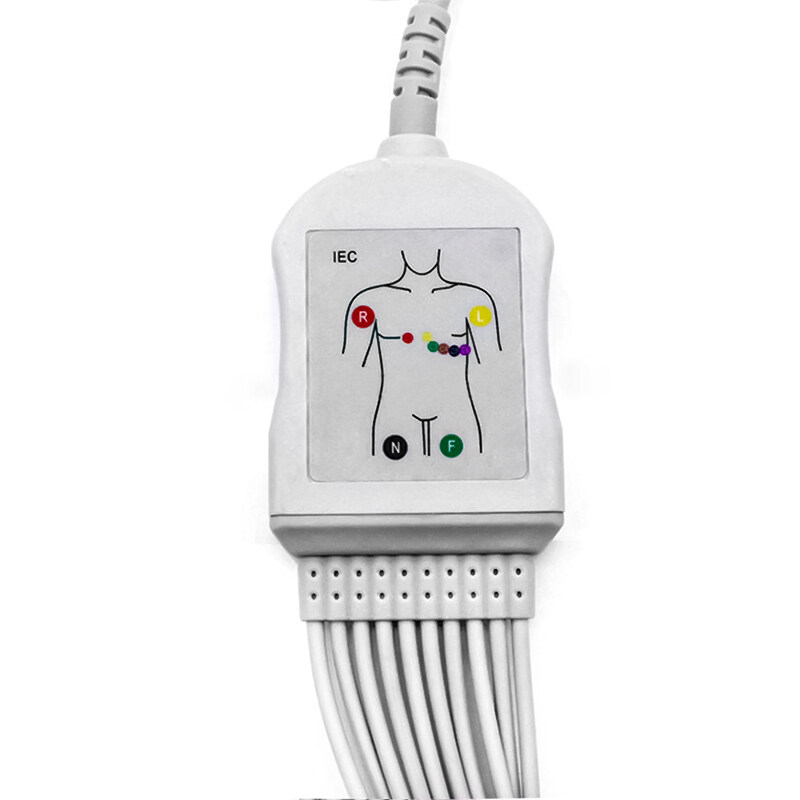Email format error
Email cannot be empty
Email already exists
6-20 characters(letters plus numbers only)
The password is inconsistent
Email format error
Email cannot be empty
Email does not exist
6-20 characters(letters plus numbers only)
The password is inconsistent

News at Linke
News from National Cable And Wire Manufacturing Company.

How to Clean ECG Cables?
Electrocardiography (ECG) cables are essential medical devices used to measure and record the electrical activity of the heart. As these cables come into direct contact with patients, it is crucial to maintain their cleanliness to ensure accurate readings and prevent the spread of infections. In this blog post, we will provide a comprehensive guide on how to clean ECG cables effectively, highlighting the importance of proper cleaning techniques and offering practical tips for maintaining hygiene.
I. Understanding the Importance of Cleaning ECG Cables
To obtain accurate readings, it is essential to keep ECG cables clean. Unclean cables can introduce artifacts and interfere with the electrical signals, leading to inaccurate measurements. Moreover, unclean cables pose a risk of cross-contamination, potentially compromising patient safety. Therefore, following proper cleaning protocols recommended by manufacturers and healthcare institutions is of utmost importance.
II. Preparing for the Cleaning Process
Before starting the cleaning process, gather the necessary supplies. You will need mild detergent, disinfectant wipes, clean cloths, and personal protective equipment (PPE) such as gloves and a gown. Ensure that the cables are disconnected from the ECG machine before cleaning to prevent any damage.
III. Cleaning ECG Cables: Step-by-Step Guide
Step 1: Pre-Cleaning Inspection
Visually inspect the cables for any visible debris or damage. If you notice any issues, address them promptly and seek professional assistance if needed.
Step 2: Removing Excess Debris
Use a soft, clean cloth or disposable wipe to gently remove any visible dirt or debris from the cables. Avoid using abrasive materials or excessive force that may damage the cables.
Step 3: Cleaning with Mild Detergent
Dilute a mild detergent in water as per the manufacturer’s instructions. Dampen a clean cloth or sponge with the diluted detergent solution and gently wipe down the cables, paying attention to connectors and contact points. Avoid excessive moisture that may damage the cables or compromise electrical connections.
Step 4: Disinfection
Use disinfectant wipes or sprays specifically designed for medical equipment. Thoroughly wipe down the cables, ensuring all surfaces come into contact with the disinfectant. Follow the recommended contact time provided by the disinfectant manufacturer.
Step 5: Drying and Storage
Allow the cables to air dry completely before reconnecting them to the ECG machine. Ensure they are stored in a clean, dry area. Coil the cables loosely to prevent damage and tangling.
IV. Regular Maintenance and Inspection
Establish a regular cleaning schedule for ECG cables to maintain their cleanliness. Periodically inspect the cables for signs of wear, damage, or malfunction. If any issues are detected, replace the cables or seek professional repair.
Conclusion:
Proper cleaning and maintenance of ECG cables are essential for accurate readings and maintaining a hygienic healthcare environment. By following the step-by-step guide outlined in this blog post, healthcare professionals can ensure the cleanliness and longevity of their ECG cables, ultimately contributing to improved patient care and safety.
Remember to adhere to the cleaning guidelines provided by the ECG cable manufacturer and healthcare institution. Additionally, always prioritize the use of appropriate PPE and consult with professionals if any concerns or issues arise during the cleaning process.


